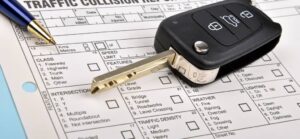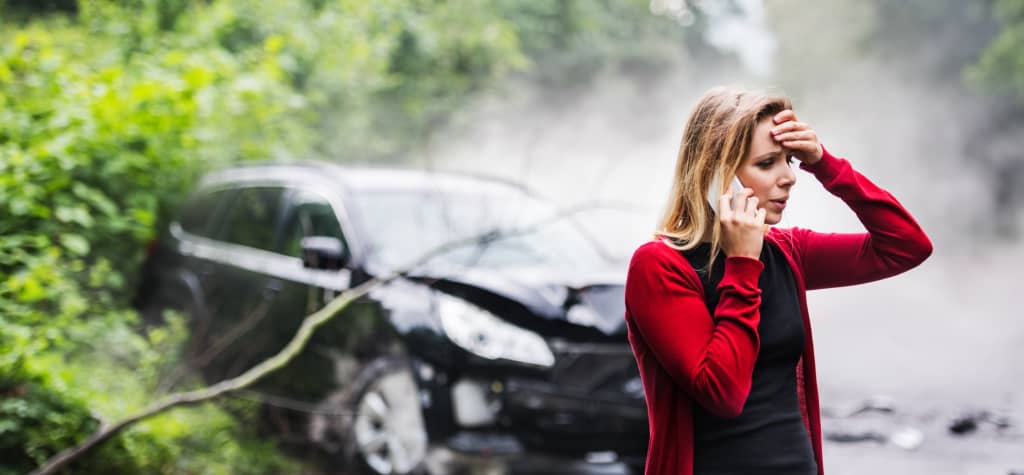When you’re involved in a car accident in Colorado, it can be confusing to know what paperwork you actually need and why. Two of the most common documents people hear about are crash reports (also called an “accident report”) and police reports, and while they sound similar, they aren’t always the same. Knowing the difference between them is crucial if you’re pursuing a personal injury claim, insurance settlement, or just trying to protect yourself legally.
Below, we’ll break down the difference between crash reports and police reports, how they overlap, and why both can be key evidence after a car accident.
Crash Report vs. Police Report: What’s the Difference?
After an accident, you might be overwhelmed with paperwork, bills, and other logistical needs, so the last thing you need is to be confused about the correct documentation. While often used interchangeably, crash reports and police reports serve slightly different purposes:
- Crash Report (Accident Report): A crash report is typically an official document filed by law enforcement after responding to an accident. It focuses specifically on the facts of the crash: the vehicles involved, damage, injuries, road conditions, and sometimes a preliminary determination of fault.
- Police Report: A police report can include a crash report but is a broader record of a law enforcement officer’s observations and actions during an incident. Police reports can be filed for thefts, assaults, and other criminal or civil matters, not just car crashes.
In short, all crash reports are police reports, but not all police reports are crash reports. The information included in these reports greatly depends on the nature of the incident, but there are some basics to understand about their structure and layout.
Read More: Want to Learn More About What’s In a Police Report? Review Here

Why These Reports Matter for Personal Injury Cases
When you file a personal injury claim, crash reports and police reports are some of the most important pieces of evidence you can present. Here’s why:
- Establishes a Record: Both reports provide an official record of what happened, which helps your attorney prove that the accident occurred.
- Documents Fault and Damages: Crash reports often include a diagram and notes about how the accident happened, which can be useful when negotiating with insurance companies.
- Supports Your Timeline: Filing a report promptly can help prevent disputes about when or how the accident took place.
If you’re filing a personal injury claim or navigating other claims with insurance, you may not have or need both forms of documentation. Yet, understanding their differences, shared purposes, and overall value is crucial to making sure you are prepared for whatever legal or insurance processes you may face.
Read More: Why Get a Police Report After a Car Accident?
How to Request a Crash Report in Colorado
If you need a copy of your crash report for insurance or legal purposes, you can request it online, in person, or by mail. The process usually involves the following steps:
- Identifying the law enforcement agency that handled the crash (state patrol, city police, or sheriff’s office)
- Providing key details like the date, time, and location of the crash
- Paying a small administrative fee
Be aware that each state differs in how long it maintains accident records for drivers. The Colorado Department of Motor Vehicles (DMV) maintains drivers’ accident records for seven years. While not every car accident must be reported to the DMV, an accident requiring the police will be reported to the department.
In fact, in Colorado, you’re legally required to report most accidents — especially those involving injury, death, or significant property damage. Waiting too long to file can create complications with insurance claims or even lead to penalties.
Read More: How to Get Your Accident Report: A Step-by-Step Guide

Key Takeaways for Understanding Crash Reports
Crash reports and police reports are related but not identical. Crash reports specifically document car accidents, while police reports can cover a wider range of incidents. Both can play a major role in your personal injury claim, helping establish facts, determine fault, and strengthen your case. If you’ve been in an accident, don’t wait — request copies of both as soon as possible and consider speaking with a qualified attorney to protect your rights.
